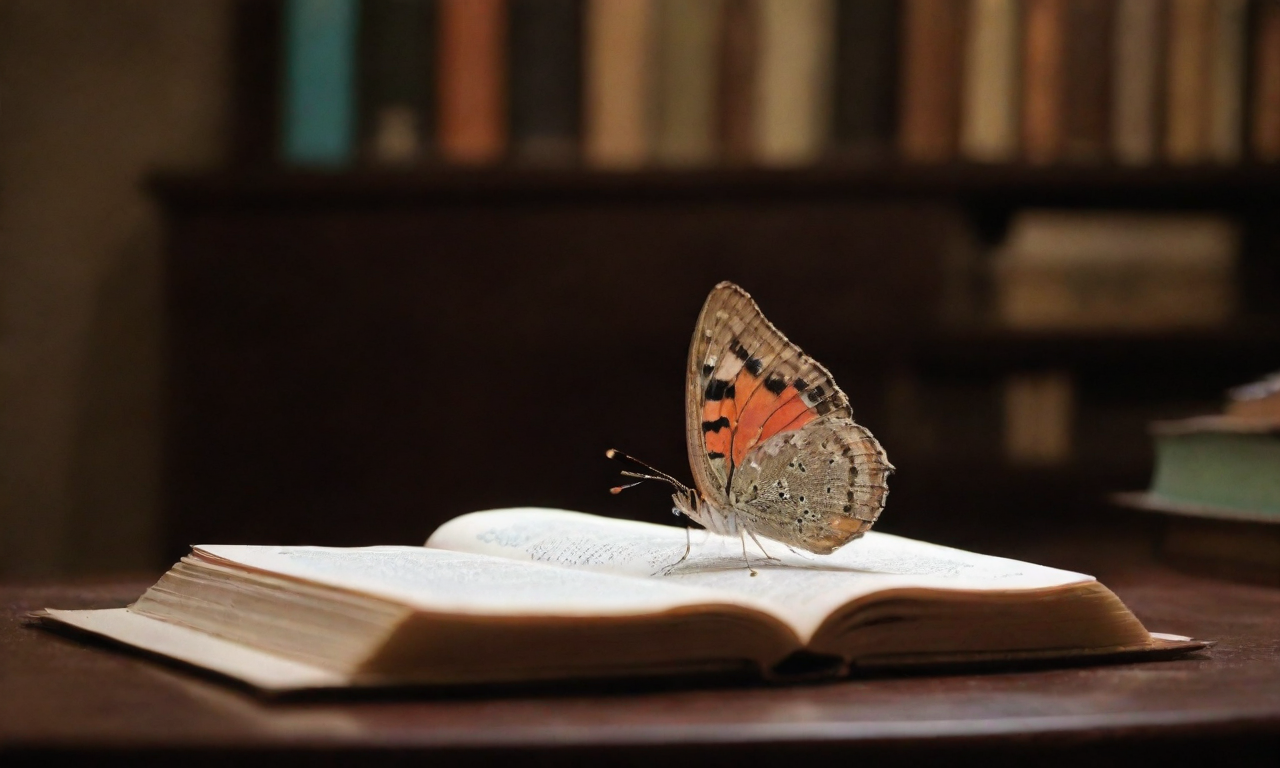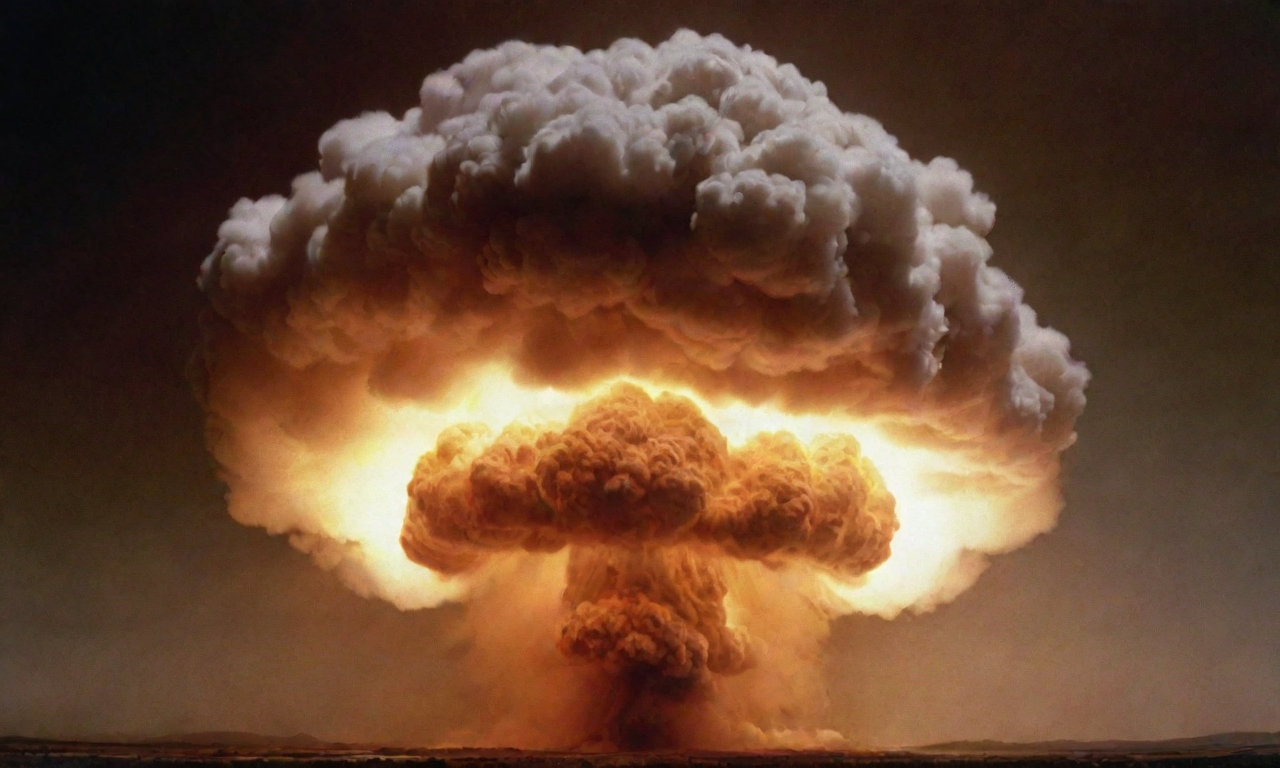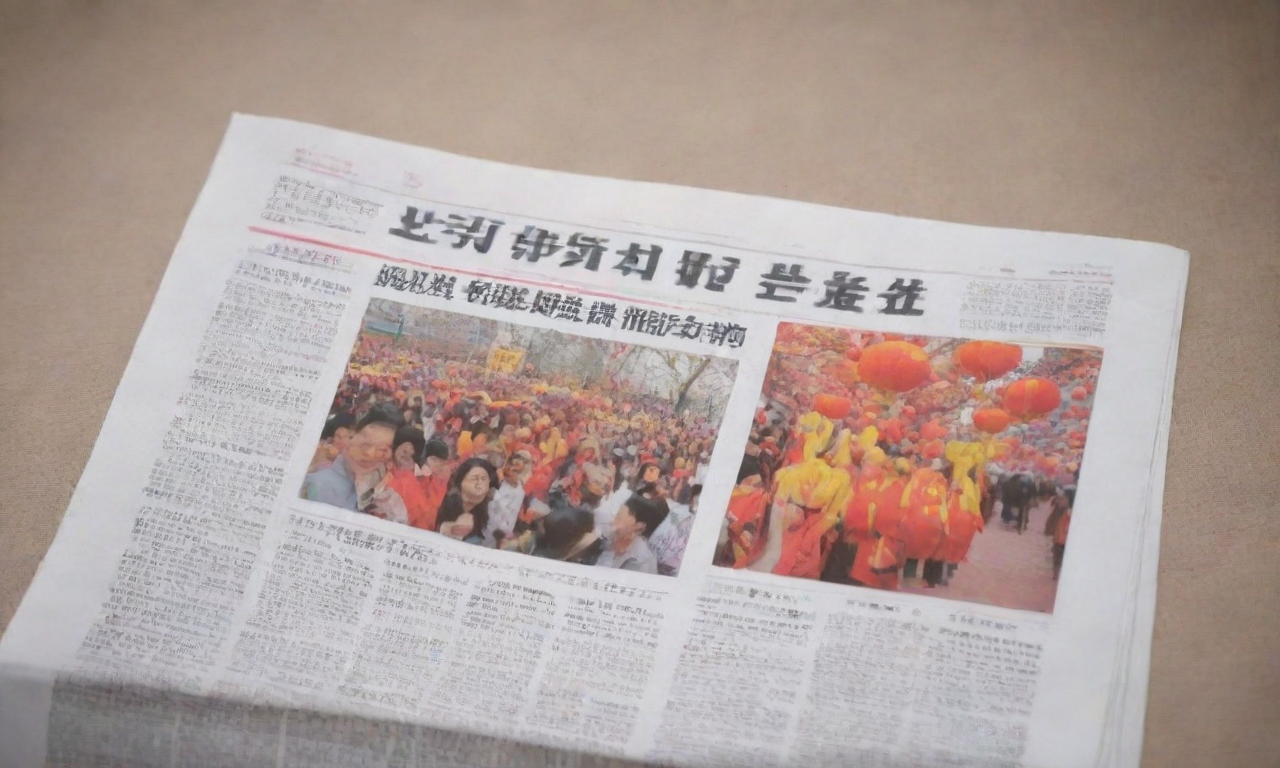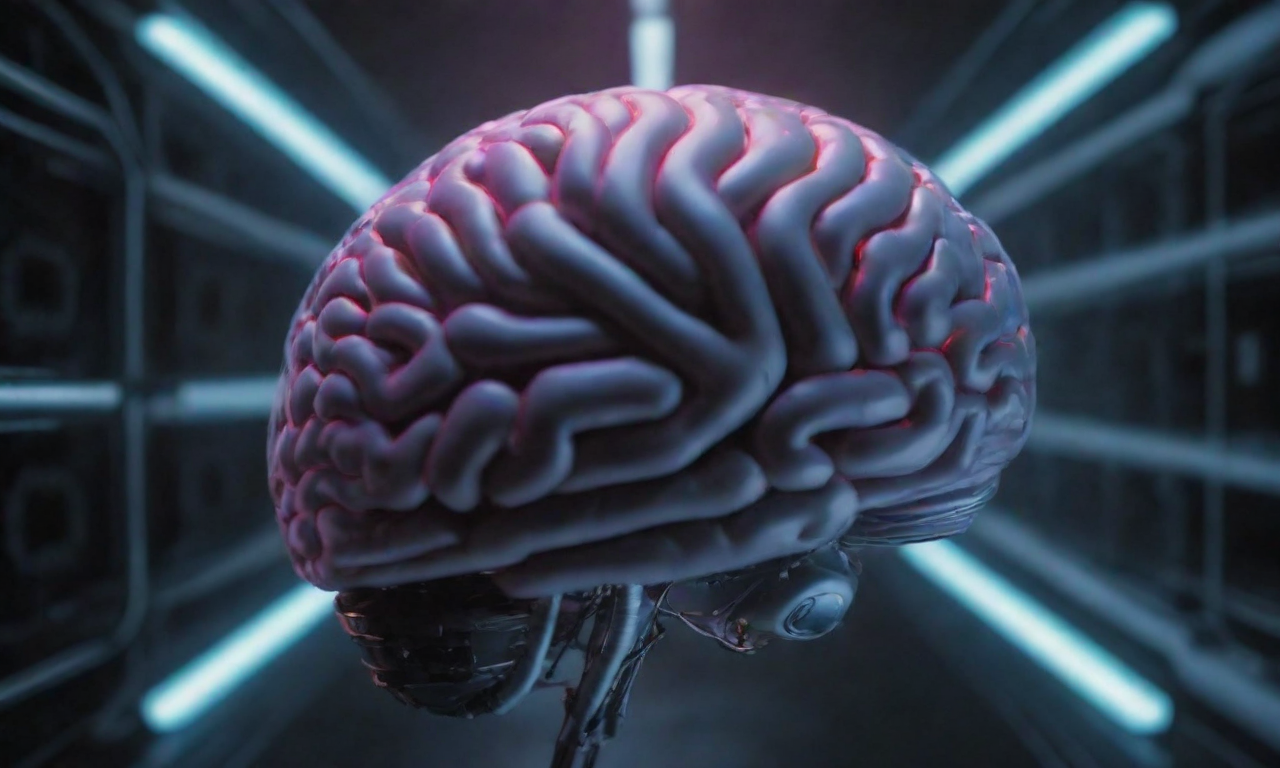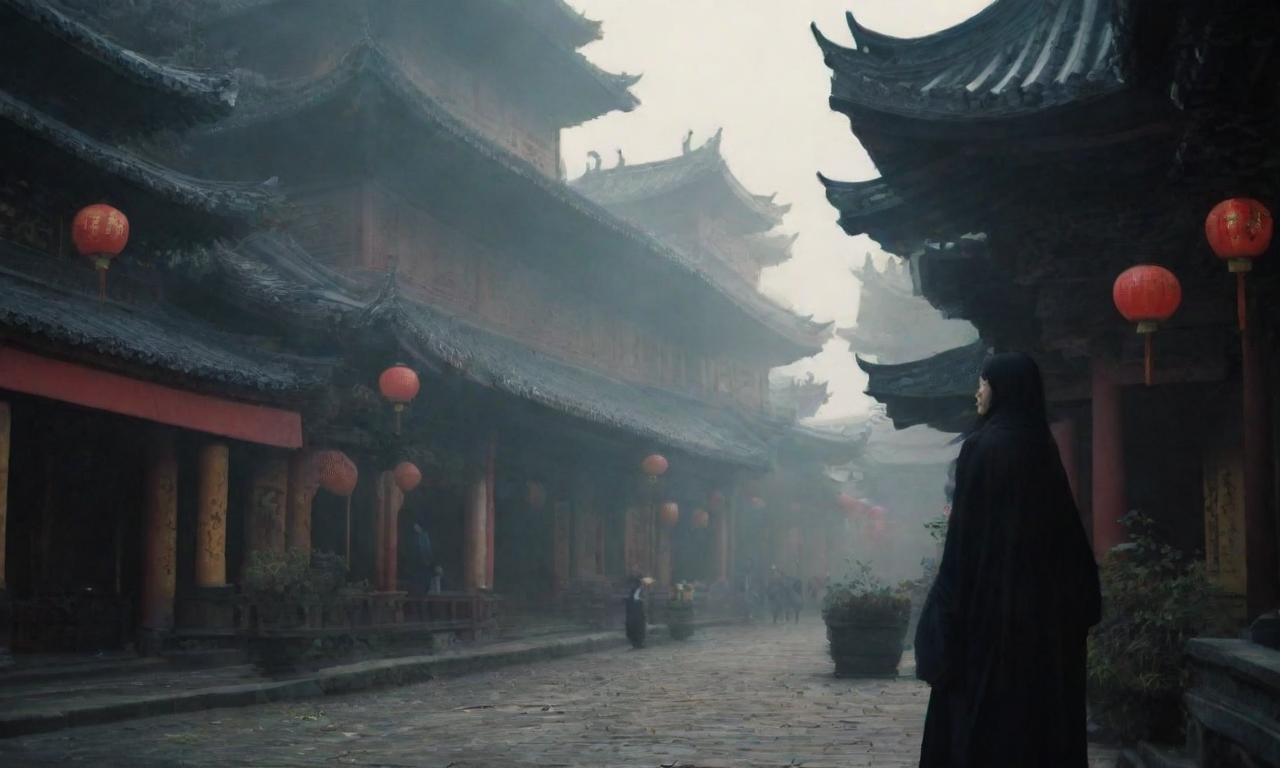What's the most unforgettable book you've read in 2023? What are your reading plans for 2024? In the age of screen reading, do you prefer traditional books, or do you opt for audio books, e-books, or even short video clips? At the year's end, we invite scientists and humanities scholars to share their "Annual Reading Summary." Some steal time from their busy schedules to read, others approach reading with a "serious" demeanor. Among them are devoted traditionalists as well as tech-savvy readers who leverage the latest technology.
Zhan Furu, former director of the National Library:
Mr. Fu Xuancong's prefaces applaud scholars standing at the back
In 2023, my reading was primarily professional books. Additionally, off and on, I flipped through the collections of Hu Shi, Zhou Zuoren, Qian Mu, and Liang Shiqiu, gaining insights into the details of literati life during that era. In March 2023, Zhonghua Book Company published "Fu Xuancong's Collection." Mr. Fu was the chairman of my PhD dissertation panel and presided over many of my students' defenses. I benefited greatly from our close academic interactions. In the first half of the year, I devotedly read his collection, deeply moved by his academic scope, perspective, and clarity of thought. I wrote an article titled "The Holistic Thought in Mr. Fu Xuancong's Study of Ancient Literature," which was published in the "Guangming Daily." The part of reading Mr. Fu's collection that touched me the most was "Tuocao Collection," a compilation of his prefaces and postscripts for others. Rarely did he write for himself; it was mainly prefaces for others, from 1981’s preface for Chen Yiyan's "A Critical Biography of Du Fu" to the preface for "The Great Way Around" in 2015. Over 34 years, he wrote more than 120 prefaces. The recipients included peers like Chen Yiyan, Luo Zongqiang, Cao Daoheng, Tao Min, Deng Shaoji, and many younger scholars who have been active in the field of ancient literature since the 1980s. Most have received his generous prefaces. Professor Wu Chengxue from Sun Yat-sen University once said after a conference photo, "We sitting in the front rows should applaud those standing in the back," a sentiment filled with encouragement for the younger generation that had a big impact in the academic community. That's the role Mr. Fu's prefaces played, cheering on and guiding young scholars in need of support, indicating the direction for them to explore the path of scholarly research. Mr. Fu's daughter, Fu Wenqing, concluded her "Explanatory Statement" by saying, "Calling him 'father' feels burdensome, as 'father' bears too much responsibility! Let's just call him 'Dad.' Dad belongs to his children, therefore Dad is warm. Dear Dad, thinking of you and loving you!" Indeed, in the field of ancient literary studies, Mr. Fu took on the role of a father figure. In 2023, I visited a physical bookstore only once, and that was on my way to a meeting at the Joint Publishing Company's Living, Reading, New Knowledge bookshop. I mostly buy books online; many collected works have been found on the Confucius Old Book Network. I've read several e-books, recommended to me by my late friend He Yuxing. People pass, but books remain—reading them brings tears to my eyes.He Huaihong, Professor at Peking University and Distinguished Professor at Zhengzhou University:
Expanding and extending reading
In 2023, the book that left the deepest impression on me was "Who Am I? Yi-fu Tuan’s Autobiography" by Yi-fu Tuan, an American-Chinese humanistic geographer. It's a small book that resonated deeply. Born into a prominent family and having wandered far, Tuan is somewhat shy, even "socially anxious," yet yearns for friendship. He profoundly explores his inner world, culminating in the question "Who am I?" At the same time, this small book leads to many of his "big books," such as "Humanistic Geography: The Man's Individual Search for Meaning," which are also quite captivating. He reminds us never to forget the human aspect in any scientific research, including "knowing yourself." In 2024, I plan to read "Elon Musk: A Biography" by the American biographer Walter Isaacson. Firstly, Isaacson is one of the best biographers currently, having written biographies of Da Vinci, Franklin, Einstein, Kissinger, Jobs, and others—all well-crafted. Musk, the subject of the biography, is a significant figure in today's world. I seek to understand this unique tech genius, perhaps the greatest dreamer of today who often manages to realize his own fantasies, his life, achievements, and his inner world. In recent years, I have visited bookstores less often and bought fewer books. One reason is that I rarely go out; another is that there is no more space for books at home, which should also have room for life; still another reason is the convenience of reading online. I used to use the Kindle a lot; now I also use apps like "WeChat Reading." I listen to audiobooks when my eyes get tired, but I feel it's quite slow and better suited for when I'm walking or doing housework. I don't watch short videos, not believing they provide much benefit to reading, nor have I used ChatGPT to help with reading. I like finding books myself. One advantage of using apps like "WeChat Reading" is that they make it easy to search and take notes. They have a large capacity, it's like having a library at your fingertips, something no personal collection can match. So, today's reading can have a significant expansion and extension. I deeply feel that reading can extend to many tools and media, but its content can reach inward, not only focusing on objective knowledge but also delving deeply into the human inner world.Science fiction writer Chen Qiufan:
Seeing oneself through reading
The most unforgettable book I read in 2023 was "How Quantum Physics Changed the World" by Italian theoretical physicist Carlo Rovelli. As Rovelli's forte, it is like an exquisite preview that offers a glimpse of the grand stage and story outline, without having to endure all the anticipation. In 2024, I plan to read "Under White Skies: The Nature of the Future" by the American science writer Elizabeth Kolbert. The book is relevant to the issues I'm currently pondering. With elegant translation and profound content, it addresses an increasingly global concern: changes in the natural environment and their impact on human society. This book reveals an important reality—that our world is rapidly changing, and these changes often aren't natural processes but direct consequences of human activities. In traditional concepts, nature is regarded as independent of human society and culture. However, the author demonstrates through in-depth analysis that the modern natural environment has been profoundly affected by human activities, blurring the boundaries between natural and unnatural. This perspective forces us to reconsider our relationship with nature and how we define and understand it. With climate change, the loss of biodiversity, and the destruction of ecosystems, our way of life, economic activities, and even our values and identities are challenged. The author's thorough analysis of these complex interwoven impacts reveals that environmental issues are not solely scientific but also social and cultural. Moreover, this book provides important insights for public awareness and policy formulation. It underscores the importance of public education and social consciousness in addressing the environmental crisis while also offering insight to policymakers. I visit bookstores around the world, use e-books and audiobooks, and avoid speed-reading short videos. I don't want others to read and think for me. Reading is an experience, a serendipitous connection across time and space. Gathering information is only part of it and perhaps not the most important part. More crucial is seeing oneself through reading.Science fiction writer Hai Yan:
Reading is a joyous thing; I don't plan
In 2023, I underwent many personal changes and read less than usual. The most memorable was the novella collection "Silent Eternal Wheel" by science fiction writer and late Qing culture researcher Liang Qingsan. The historical research within was exceedingly well-done, and the fusion with storytelling was to my liking. There are many unread books on my shelves and a good number I intend to buy. I won't read any particular book with much purpose; I’ll see when the time comes, guided by interest and mood. Reading itself is a joyous thing; I do not make plans. I'm currently reading "North of the Monsoons, South of the Colorful Clouds: The Local Factors of Multi-ethnic Integration" by Yang Bin, Professor in the Department of Chinese and History at City University of Hong Kong, discussing the history of Yunnan. For such academic works, I maintain a dialectical attitude without hastily drawing conclusions. They usually don't directly inspire my writing, but they're important for maintaining the writing state and accumulating nourishment for writing. For historical science fiction writing, I always adhere to my principles. One is not to contradict established historical facts; two is to strive for authenticity in the historical background or details involved. This requires extensive reading and verification to ensure accuracy during the writing process. Of course, daily reading for me is a habit and pastime – simple yet extravagant. It's not very costly in terms of direct expenses, but the corresponding time cost is significant. As a child, I liked science fiction. Counting from when I realized the stories I liked were called "science fiction," it's been 20 years since I "fell into the pit." In the age of rampant curiosity and aptitude for reading, Liu Cixin's "Devourer" and Pan Haitian's "Etah" had a great influence on me. In 2023, I often visited bookstores because there's one in the shopping center under my office building; I usually stop by after lunch. I'm quite reliant on traditional print for reading – it's just a personal habit and a question of energy, certainly not a rejection of emerging reading methods.Wu Jiarui, researcher at the Center for Excellence in Molecular Cell Science, Chinese Academy of Sciences:
Stolen moments to recommend three books
2023 was a busy year for me at work, leaving almost no time for reading; luckily, in stolen moments, at the publisher's invitation, I thoroughly read 3 new books and wrote 3 recommendation notes. "Philosopher's Stone" is a popular science series planned and published by Shanghai Science and Technology Education Publishing House since 1998, with 153 titles now published. In November 2023, a new member, "Life in a Novemdecillion Years," joined the "Philosopher's Stone" series. Written by Chinese scientists, the book's author is my good friend, Professor Bai Shunong from Peking University's College of Life Sciences. I wrote a recommendation for his book: "Most researchers are used to overlooking and explaining various 'lower' life forms from the perspective of 'the highest animal.' Here comes a botanist, Bai Shunong, who steps out of the conventional thinking mode and adopts what he calls an 'integrative view of life.' Starting from the root of the tree of life, he redefines the concept of life, reinterpreting cells, individuals, species, and even humans!" Stephen Hawking's "A Brief History of Time" is one of my favorite popular science books. Not long ago, the CITIC Publishing Group presented me with a translation reflecting Hawking's new interpretation of "time" — "The Origin of Time: Stephen Hawking’s Final Theory" by Thomas Hertog, Professor at the University of Leuven, Belgium. I was immediately captivated and wrote a recommendation: "Who are you? Where did you come from? Where are you going? The underlying questions beneath these three ultimate human concerns involve the origin of time. The author, Thomas Hertog, through a clear introduction to Stephen Hawking's ultimate cosmic theory, allows readers to appreciate Hawking’s new thoughts on the origin of time in his late life—humans live in a quantum universe where they rely on observation to understand space and time. When human efforts to backtrack to the beginning of the universe, physical laws will change or even disappear, and time will change or become an illusion. That is to say, the evolution of time originates from observation and is rooted in the relationship between humans and the universe." American science writer Mitchell Waldrop’s "Complexity: The Emerging Science at the Edge of Order and Chaos," initially published by Sanlian Bookstore in 1997, introduces the science of complexity that originated at the "Santa Fe Institute" in the United States at the end of the 20th century. I have read it multiple times and gained a lot from it. This book was recently re-translated and published by CITIC Publishing Group. Invited to write a recommendation note, I wrote: "Scientists initially aimed to portray a simple and certain world, thus explainable and predictable. However, the real world often defies such wishes. As a result, a group of researchers stepped out of their 'comfort zone' and bravely explored the complex and uncertain world. This book is an academic biography of that group. The author uses vivid and exhaustive details to introduce their knowledge framework, thought process, and research results." This book is planned for publication in early 2024 and will continue to be a focus of my reading this year.Cao Ze-xian, researcher at the Institute of Physics, Chinese Academy of Sciences:
Reading should focus on books written by creators of knowledge
In 2023, I wrote "Blackbody Radiation: The Goose that Lays the Golden Eggs of Physics" and "A Chance Encounter," for which I read many books and articles, many of which are works by scientific greats, still memorable to this day. If pressed to choose the most unforgettable, I'd select Lorentz's "Theorie der Strahlung" (Theory of Radiation), which taught me that the thin zigzag lines used to represent light reflection and refraction in physics textbooks are there to fool children; the correct representation should be light cones depicted by spatial angle elements, which sets the stage for further study of optics. Although this discovery shook my already shaky confidence as a physicist, it reinforced my conviction: reading should focus on books written by creators of knowledge. In 2024, I plan to write two more books, so I'll need to read a lot. A must-read from the list is "Curvature in Mathematics and Physics" by Shlomo Sternberg, totaling 405 pages. A foundational element of physics is motion, and curvature is the concept used to describe it. Curvature is a concept that runs through physics, one that I should have mastered but regrettably have not fully understood. In 2024, I must read this book thoroughly.
